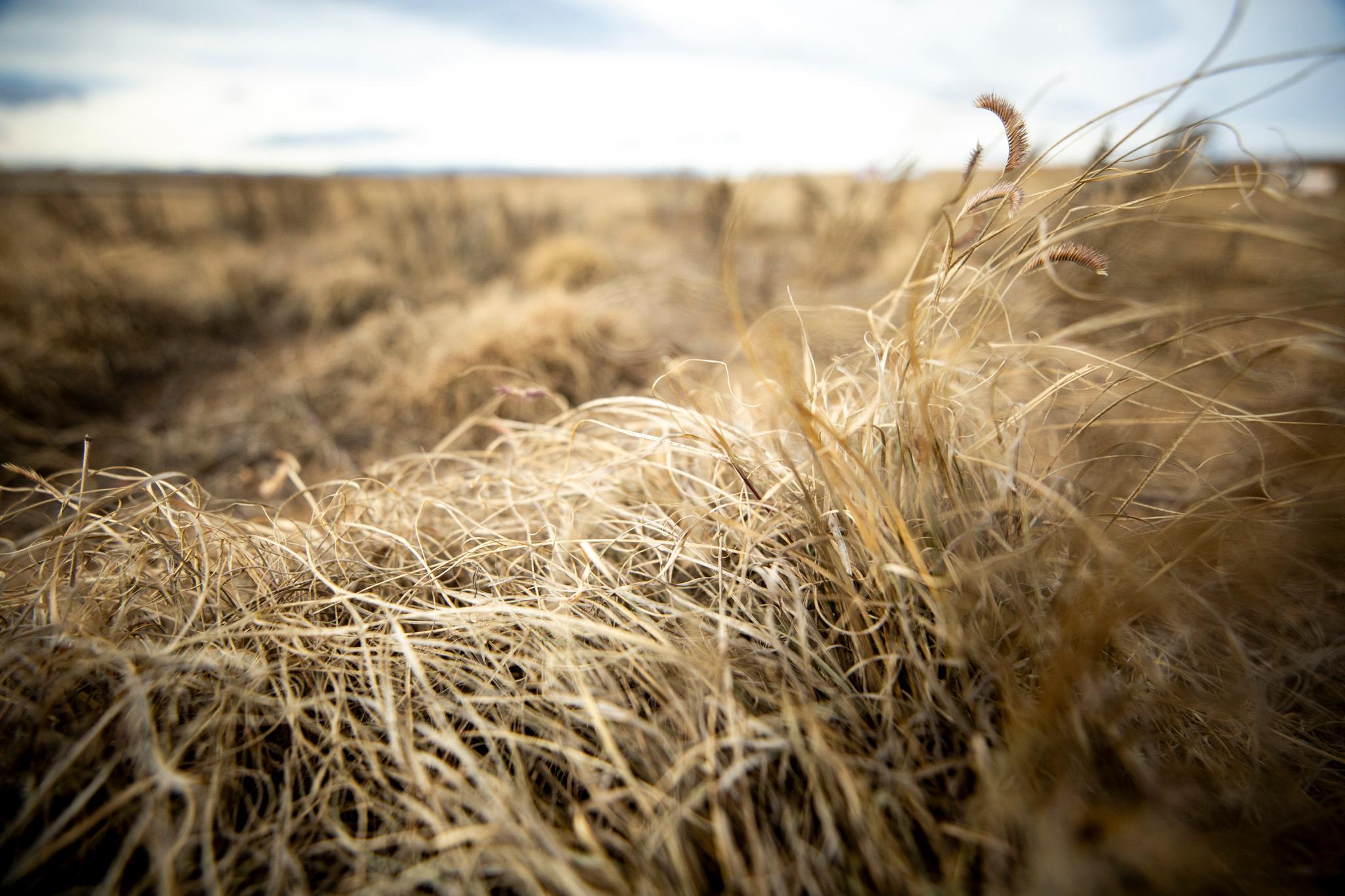A federal judge late Friday issued a temporary restraining order against the Denver Police Department, restricting police from using projectiles and chemical agents against peaceful protesters. A group of protesters had sued the department, alleging DPD's actions violated their First Amendment rights.
Judge R. Brooke Jackson said that although police officers often have a "thankless" job, he found some of the police behaviors in recent days during protests surrounding the killing of George Floyd "disgusting."
"Police have a very difficult and often thankless job. They frequently are called upon to make split second decisions and to expose themselves to danger while protecting the health and safety of the rest of us," Jackson wrote. "Some of the behavior of what I hope and believe to be a minority of the police officers in Denver and the nation during recent days ... not only vis a vis persons of color but against peaceful protesters of all backgrounds have been disgusting."
Under the ruling, police are allowed to use chemical weapons or projectiles only with an on-scene supervisor's authorization. The supervisor must personally witness acts of violence or destruction of property before making the call. Non-lethal force can't be used indiscriminately in a crowd, and all officers must wear functioning body cameras.
The city of Denver filed a motion to amend the judge's ruling. The city contends the ruling requiring certain supervisor approval before firing chemical weapons isn't feasible because under DPD's command structure, only four captains and one commander are responsible for the downtown area.
"Therefore, the Denver Police Department needs to be able to utilize its Lieutenants, who also have a command rank, to ensure that authorizations of reasonable and necessary force may be made when necessary," the city wrote.
"Without this ability, officers will not be able to act to protect themselves of others."
The judge granted that request on Saturday, amending his order to allow any officer at the rank of Lieutenant and above to approve use of the otherwise banned weapons to respond to a situation they personally observe.
The city also asked that the motion be amended to exclude the requirement that all police officers wear functioning body cameras, citing technical limitations and arguing that not all the departments that have assisted Denver during protests have such technology. The judge declined to make that change, but did say officers only need to have their cameras filming during "any and all acts of confrontation between police officers and others, and if that means increasing the supply of batteries, so be it."
The four plaintiffs, Agazi Abay, Gabriel Thorn, Amy Schneider and Michael McDaniel, alleged they were peacefully protesting in Denver on May 28 and the Denver Police's use of "pepper spray, pepper balls, rubber bullets, flashbang grenades and tear gas" quashed their First Amendment right to free speech.
In making his decision, Jackson said he viewed video tapes where protesters were standing by yelling or screaming at officers, but otherwise not engaging in destructive or violent behavior. He also noted police used projectiles on journalists documenting what was happening.
The plaintiffs alleged the use of force caused severe injuries, including loss of vision, fractured bones requiring surgery, deep lacerations, loss of eyes and ruptured testicles.
"People have an absolute right to demonstrate and protest the actions of governmental officials, including police officers. It is one of the many freedoms on which this country was built," Jackson wrote. "Citizens should never have to fear peaceful protest on the basis of police retaliation, especially not when protesting that very same police violence."
The judge ruled "kinetic impact projectiles" -- such as rubber bullets or the foam projectiles DPD has used -- may never be discharged at a head, a pelvis or a back, nor should they be shot indiscriminately into a crowd. All officers working a protest crowd must have body cameras on at all times. Officers may only use chemical agents such as teargas after giving a verbal warning to disperse. And officers, after delivering orders to disperse, must give people time to comply.
A spokesman for Denver's city attorney had no immediate comment Friday night. In a tweet, the Denver Police Department said officers would comply with the judge's orders, "many of which are already in line with our community-consulted Use of Force Policy." A followup tweet stated that the department intended to seek some modifications to the order around staffing and body cameras.
Denver officers have gotten help in patrolling the protests from members of other police departments in the metro area. The order applies to officers from outside Denver as well, and orders that those officers comply with Denver's use of force guidelines.











